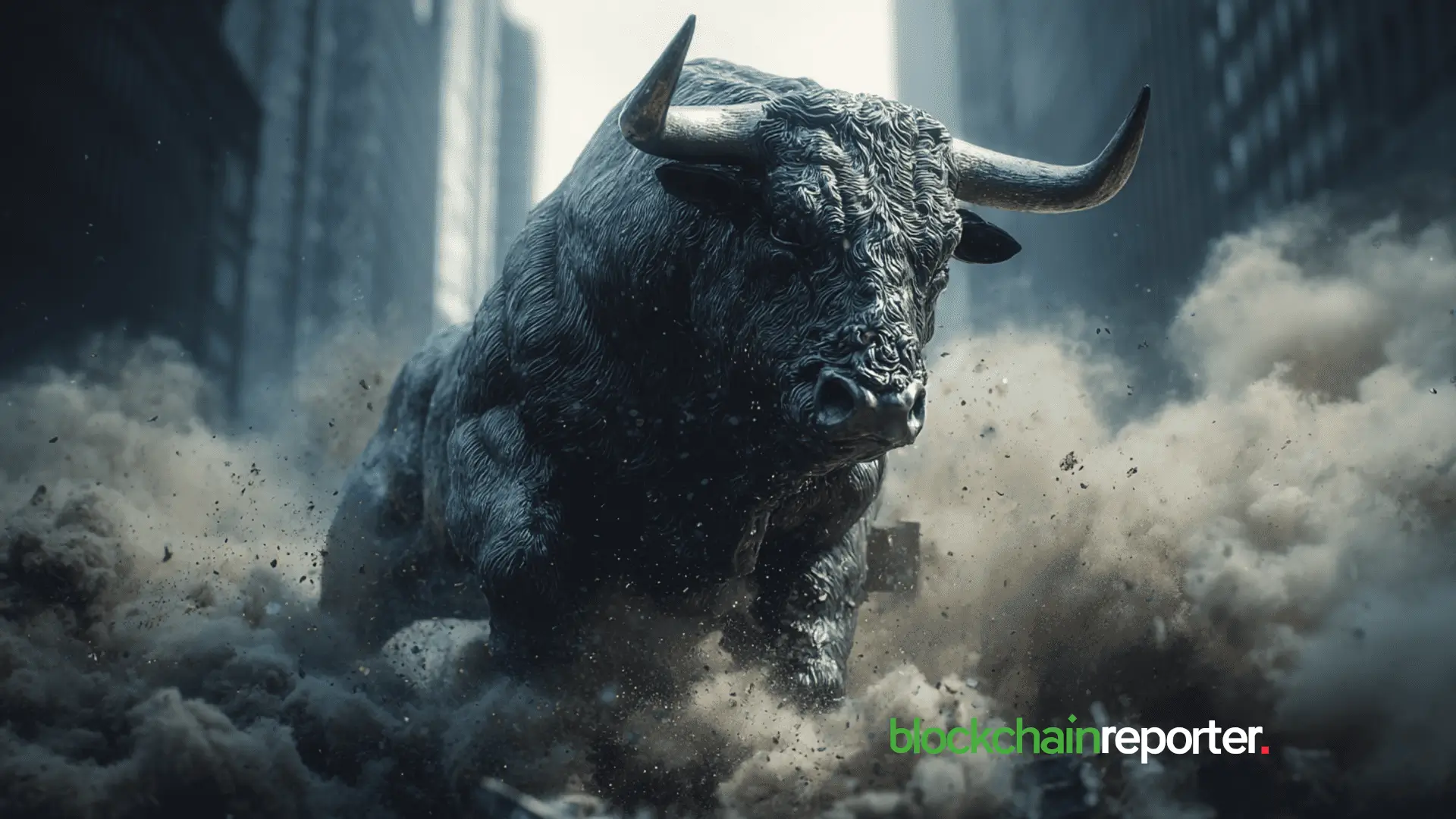Australia is getting left behind in the global tokenization race, ASIC Chair
Joe Longo, Chairman of the Australian Securities and Investments Commission (ASIC), has warned Australia risks lagging behind in the global rush to adopt tokenized assets. He cautioned that if tokenization is not adopted, major financial innovation and investment potential may be lost.
Longo said in a speech on Wednesday that tokenization might drastically change Australia’s capital markets by dividing assets into smaller, tradable units and facilitating fast settlement. He added that the nation must take advantage of the opportunity or risk falling behind as distributed ledger technology revolutionizes global financial markets.
Tokenization allows the division of conventional assets, such as funds, bonds, or real estate into smaller digital tokens. Longo emphasized that nations will have a distinct competitive edge if they adopt these breakthroughs swiftly.
ASIC revamps Innovation Hub to boost tokenization
According to Longo, Australia was once among the first countries to adopt commercial innovation, including electronic trading back in 1994, and ASX CHESS was a trailblazer. Additionally, the World Bank’s first tokenized bond, dubbed “bond-i,” was issued in Sydney in 2018.
The ASIC Chair stated that other nations are now surpassing Australia. Longo mentioned that the SIX Digital Exchange in Switzerland, which is run by the Swiss counterpart of the ASX, began issuing digital bonds in 2021 and has already raised more than $3.1 billion.
Additionally, businesses in the UK are investigating tokenization under the supervision of the Financial Conduct Authority (FCA) and the Bank of England’s digital securities sandbox.
According to Longo, the revitalized Innovation Hub will maintain an open-door policy for innovators who face regulatory challenges. The regulator has promised to collaborate on solutions rather than just listing issues.
Longo added that ASIC will support the government’s review of the Enhanced Regulatory Sandbox to support Australia’s fintech industry.
The ASIC Chair confirmed that the regulator has already initiated talks with the University of Technology Sydney (UTS) and the Pawsey Supercomputing Research Centre in Perth. The discussions aim to explore ways to better operationalize the massive amounts of data and information that ASIC receives.
ASIC tightens rules as tokenization gains momentum
The speech expands on recent regulatory initiatives by the regulatory body. According to the regulator’s amended guidance on digital assets released last month, stablecoins, wrapped tokens, and tokenized securities are financial instruments that require licensing. ASIC granted firms a transition period until June 2026 to comply with the new requirements.
ASIC Commissioner Alan Kirkland stated that tokenization and distributed ledger technology are transforming the global finance sector. Kirkland added that the regulator’s guidance provides the regulatory clarity that firms have been calling for, enabling them to innovate confidently in Australia.
Kirkland added that licensing guarantees that customers have access to all legal protections and enables the regulator to take action where unethical behavior causes harm.
Last month, Australia’s Treasury proposed draft legislation that mandates financial services licenses for cryptocurrency exchanges and certified cryptocurrency service providers.
The country’s Treasury stated that the proposed legislation would introduce tokenized custody platforms (TCPs) and digital asset platforms (DAPs) as new financial products. The TCPs and DAPs will amend the Corporations Act of 2001.
According to the Treasury factsheet, regulators would treat TCPs and DAPs as financial products, immediately subjecting them to the entire set of licensing regulations and consumer protections.
The Treasury revealed that the framework’s focus is on companies that hold assets on behalf of customers rather than the digital assets themselves. According to the Treasury, crypto assets are already covered by the nation’s current frameworks and are handled similarly to traditional assets.
If you're reading this, you’re already ahead. Stay there with our newsletter.
You May Also Like

Privacy Coins Rally Driven by Technicals, Narrative

‘Survival Mode’ Activated: Bitcoin Miners Struggle As Hashprice Collapses
